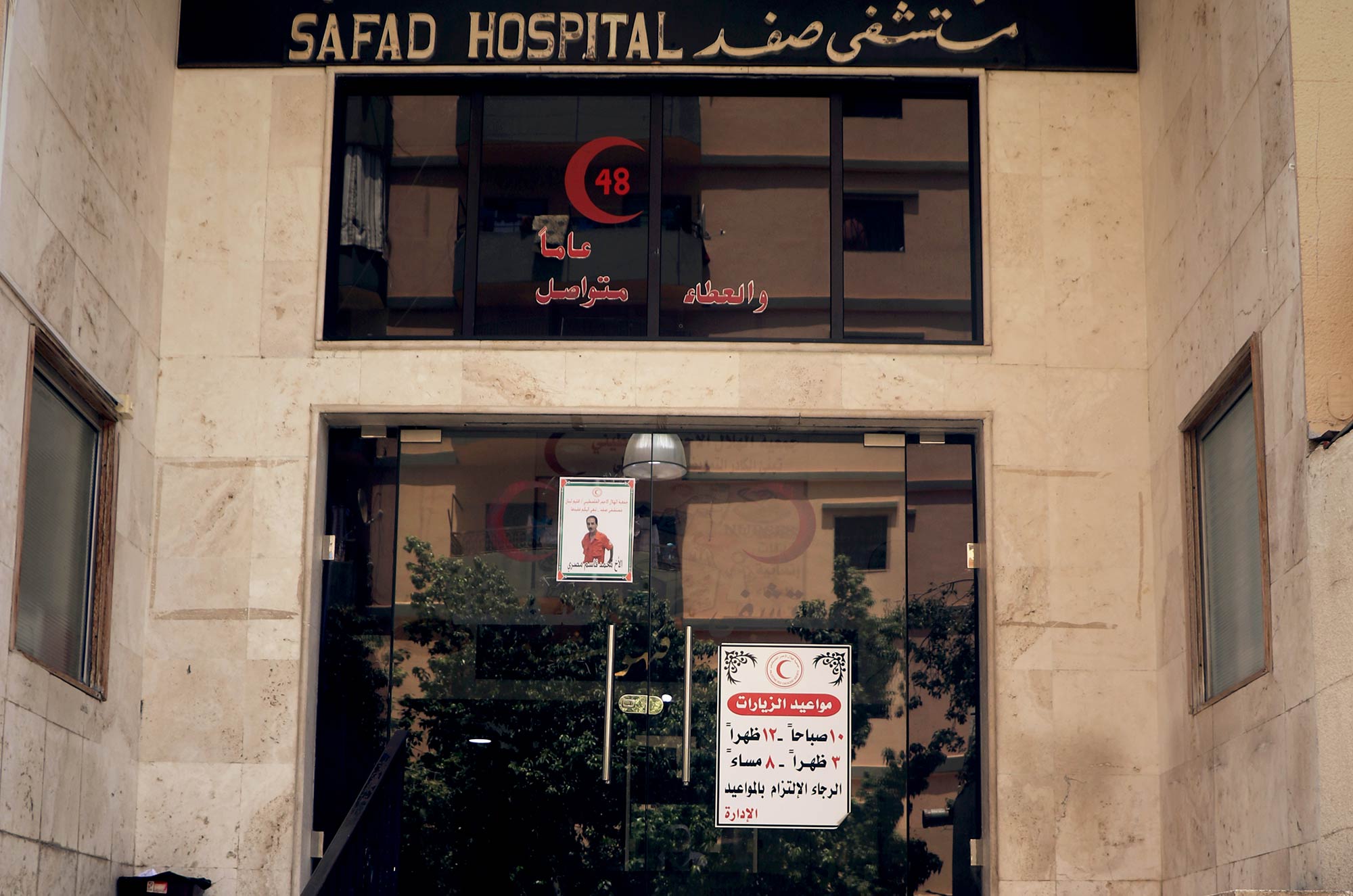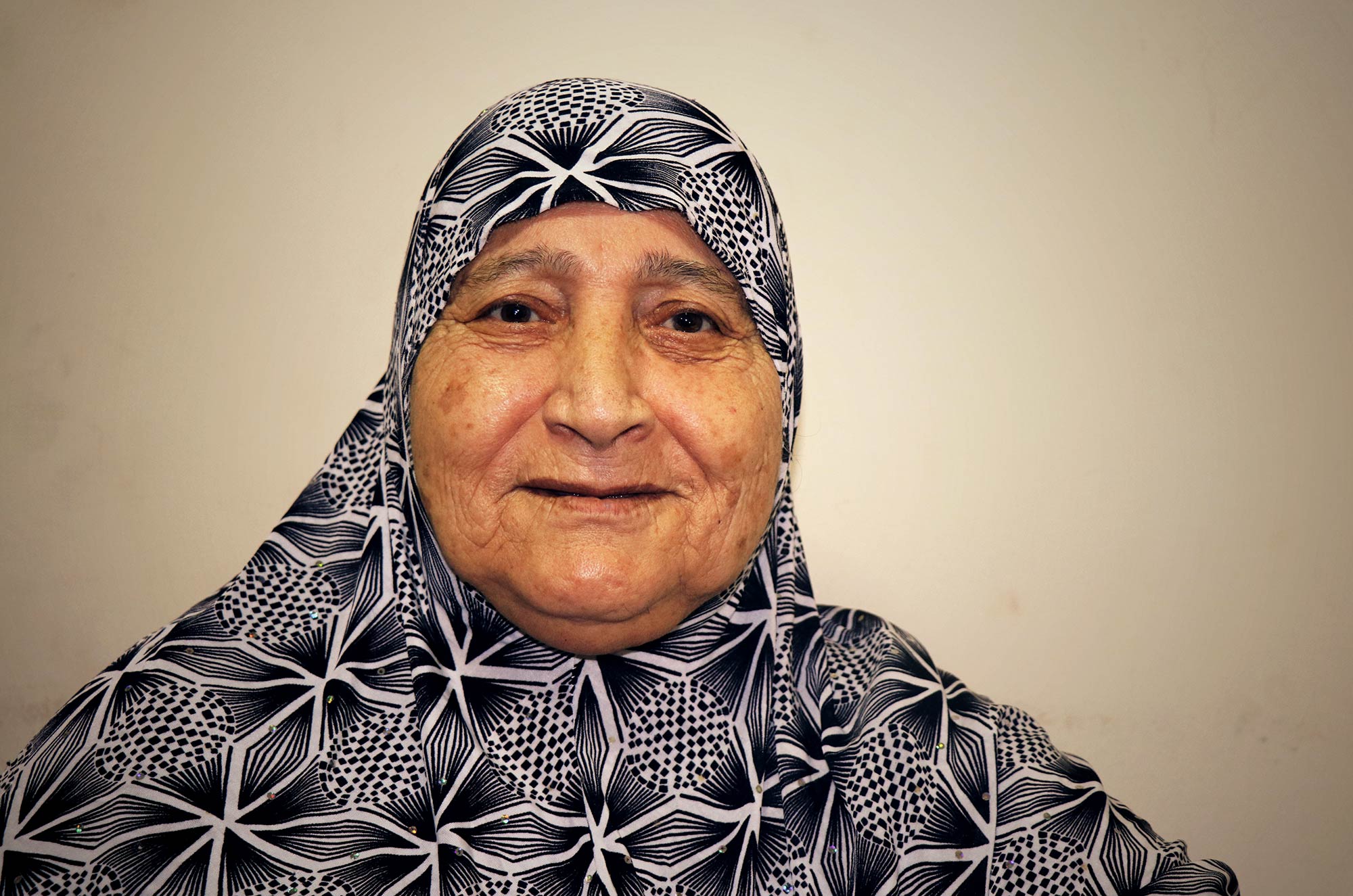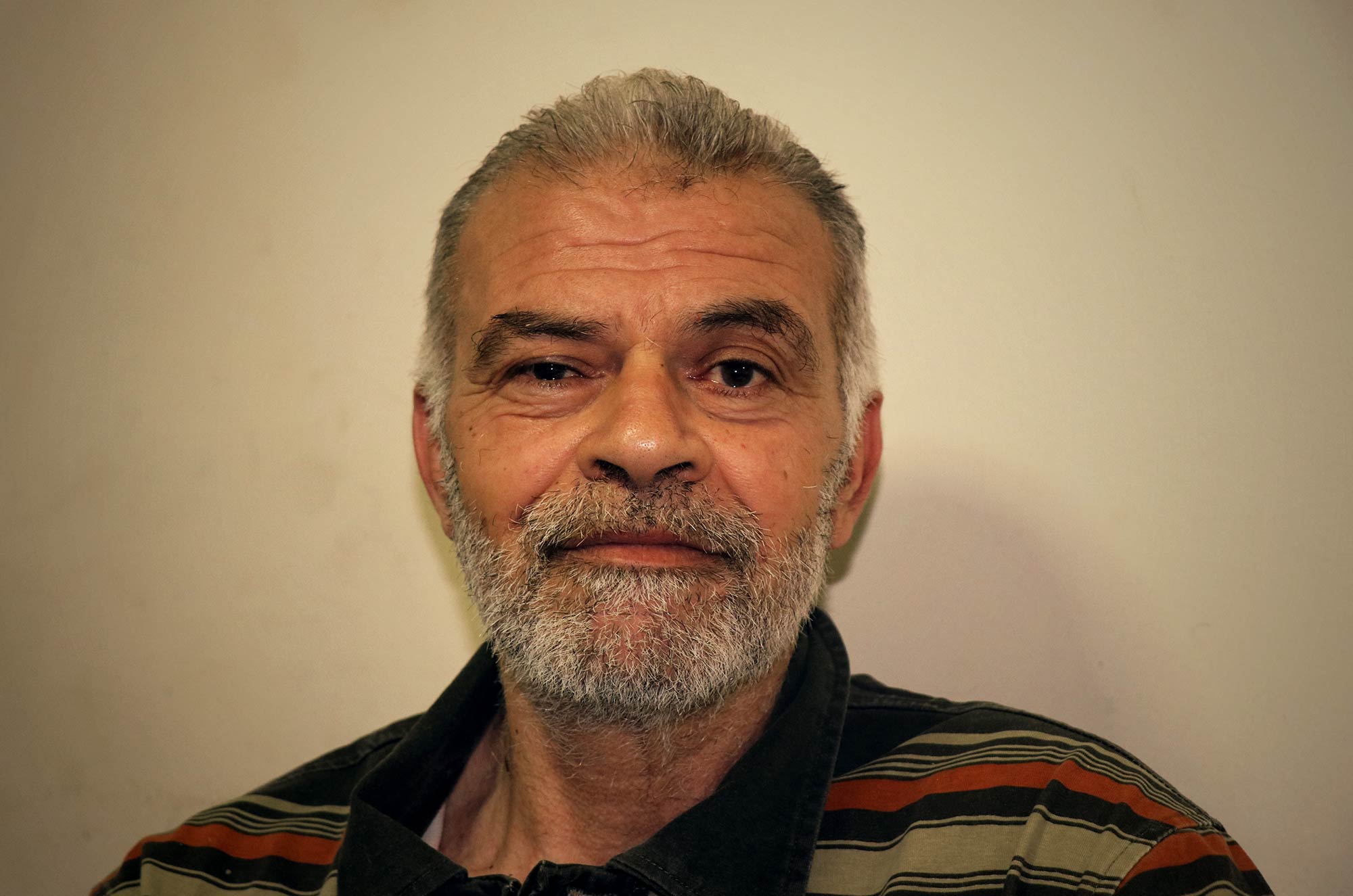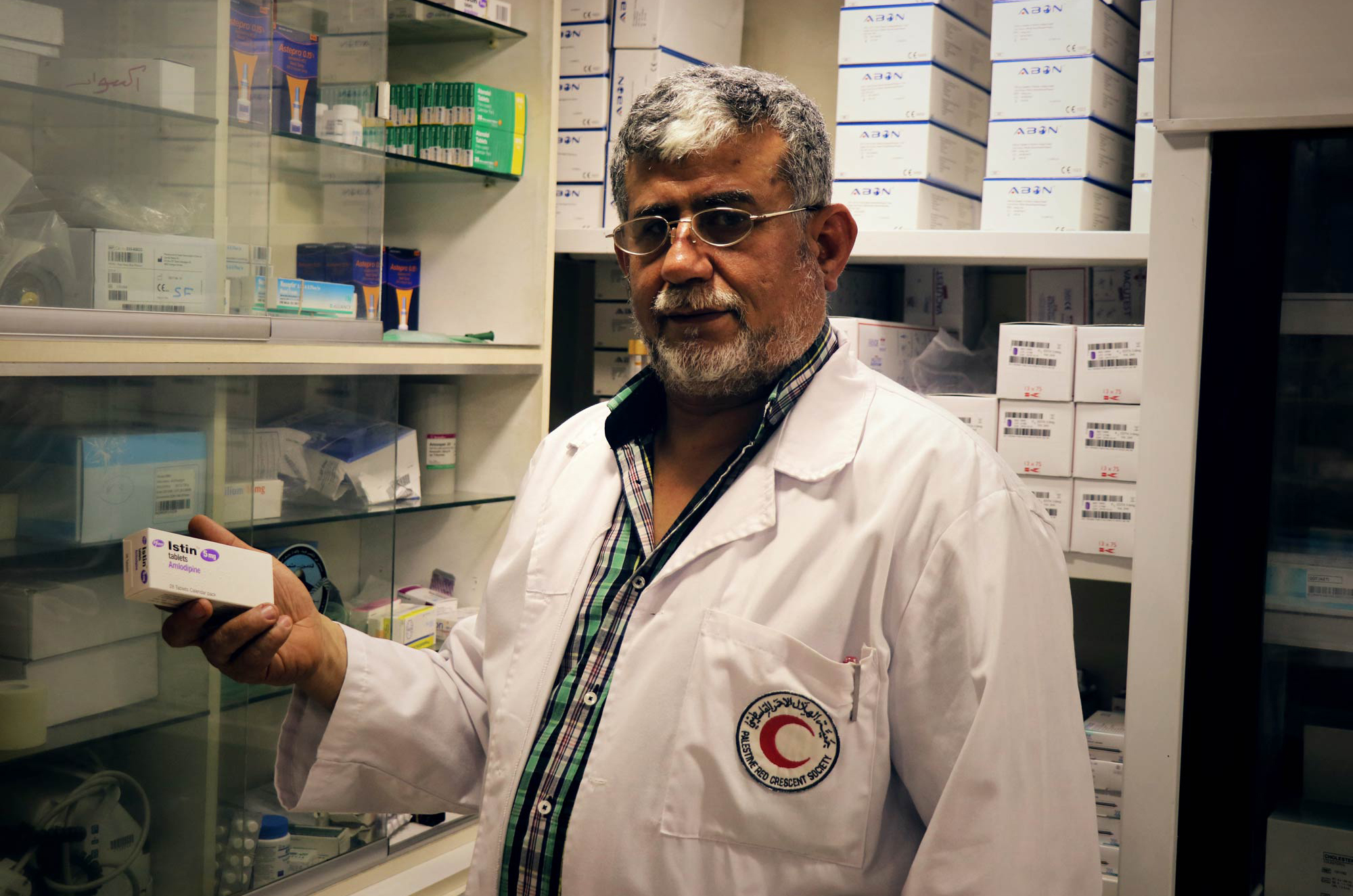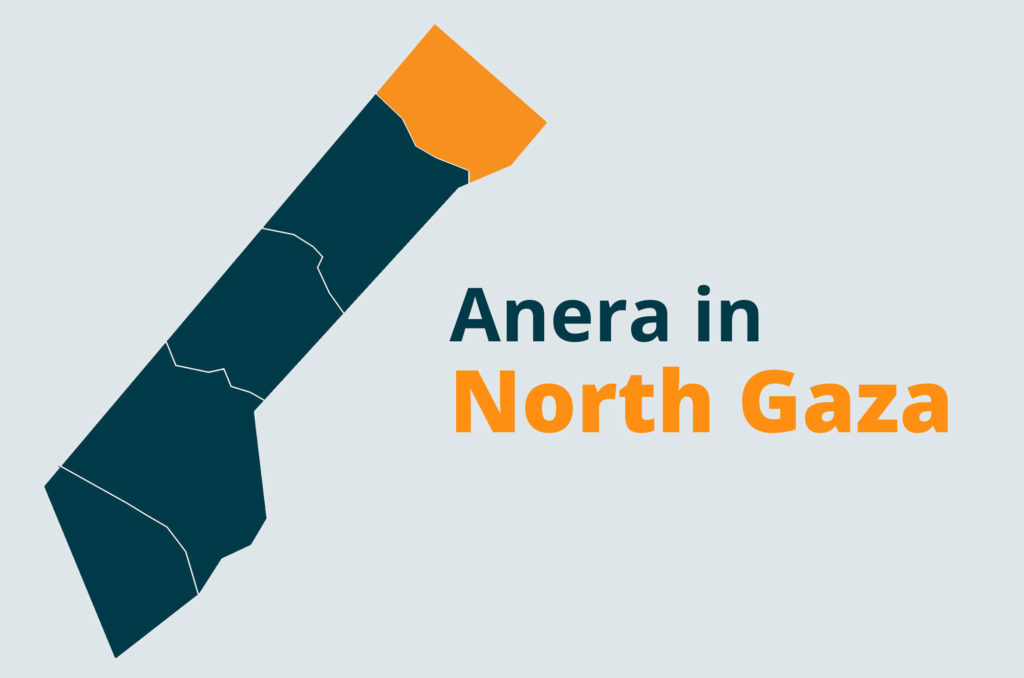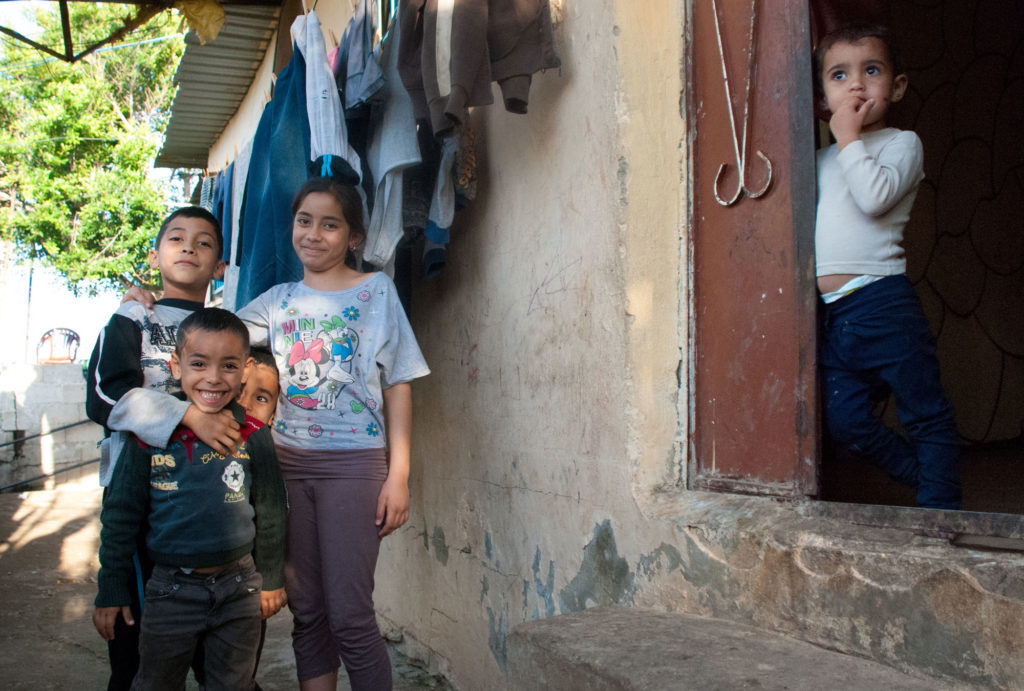COMMUNITY
A Lifeline in Beddawi Refugee Camp, Lebanon
Jun, 2019
“I can tell you that none of our patients who take amlodipine can afford to purchase it on their own. Thanks to Anera, we are able to provide them with the medications they need without charge. Today we are down to only 24 amlodipine packs. People are waiting for [Anera] to send more and I have no doubt you will deliver.” - Dr. Ismael Arid
Beddawi camp is located on a hill in north Lebanon, 5km outside of Tripoli. Beddawi was dramatically impacted by the crisis at Nahr el-Bared in 2007, where fighting between the Lebanese armed forces and a militant group forced 27,000 refugees to flee.
As a result of the fighting, neighboring Beddawi’s population doubled from 15,000 to 30,000 almost overnight. In addition to the camp’s internal issues, Beddawi is surrounded by a cluster of informal residential communities, comprised of Syrian refugee camps, migrant worker settlements and thousands of marginalized Lebanese households.
Rates of chronic diseases amongst Palestinian refugees in camps like Beddawi are high, due to difficult and stressful living conditions and the difficulties in accessing quality health care services. High rates of diabetes and hypertension cases indicate a dire need for preventative care and the provision of primary health care.
Since 1983, Safad Hospital in Beddawi, named after the highest city in the Galilee, in Palestine, has been treating over five thousand patients annually from all nationalities and backgrounds. Safad hospital’s team, The Palestine Red Crescent Society and Anera have been working in partnership to help address the overwhelming medical needs of the community.
Dr. Ali Solh, a cardiologist at the hospital, emphasizes the unique philosophy at Safad hospital,
“We want to help and serve people from all communities here at Safad. We believe that our duty as physicians does not stop at treating the physical symptoms of our patients but goes to healing the community as a whole. We are proud that our message is clear to everyone: all humans are equal.”
When asked what absorbs the bulk of Safad Hospital’s resources, Dr. Solh says:
“Our outpatients for sure! They require the most amount of medicine. For example, amlodipine is a treatment for hypertension - a very common condition here. This medicine is one of the most used here, and it is costly.”
He explains that, “Amlodipine is also used to treat kidney failure and diabetes. This is why the support of organizations such as Americares and Anera is actually crucial for the survival of hundreds of lives here in Beddawi camp. Even though you’re not doctors, I think should know that you people are saving lives!”
Dr. Solh might have been speaking directly to our community of supporters around the world.
Patients receiving the hypertension medicine through Anera’s in-kind program say the drug has also improved their quality of life. Amira, a 78-year-old Palestinian grandmother and resident of Beddawi, says,
“I started taking amlodipine almost four years ago and since then, my blood pressure has been relatively stable. Before that, I used to get dizzy often and you can imagine how this could affect my health at this age.”
Next to Amira, her friend Khaled jokes that he is her amlodipine companion. The 57-year-old Syrian, who lives in a nearby tent settlement, shares his own experiences with the drug,
“When I started taking amlodipine, I felt young again. I used to faint frequently, and this would affect my work. And you can imagine how much worry and even panic it causes my family. I’m doing much better today. My heart is happy.”
These medical shipments are a lifeline to thousands of individuals and their families and loved ones. Although Lebanon hosts a large number of refugees, it’s medical infrastructure cannot handle the need. Further restricting access, the majority of healthcare providers are privately owned institutions. Few of the vulnerable families have medical insurance and most cannot afford care at the private facilities.
The majority of healthcare clinics in the refugee camps are nonprofit-operated and Dr. Ismael Arid, the resident pharmacist at Safad hospital, explained how reliant they are on aid agencies to provide medical resources.
“I can tell you that none of our patients who take amlodipine can afford to purchase it on their own. Thanks to Anera, we are able to provide them with the medications they need without charge. Today we are down to only 24 amlodipine packs. People are waiting for [Anera] to send more and I have no doubt you will deliver.”
Safad is the only hospital catering to all refugee camps in the north of Lebanon, including the surrounding Syrian tent settlements and numerous vulnerable Lebanese neighborhoods. In other words, this hospital, and the in-kind shipments of medicine supplying it, are easing hypertension and social tension all at once.
Anera was able to supply Safad Hospital with vital medicine thanks to a generous donation from Americares.

